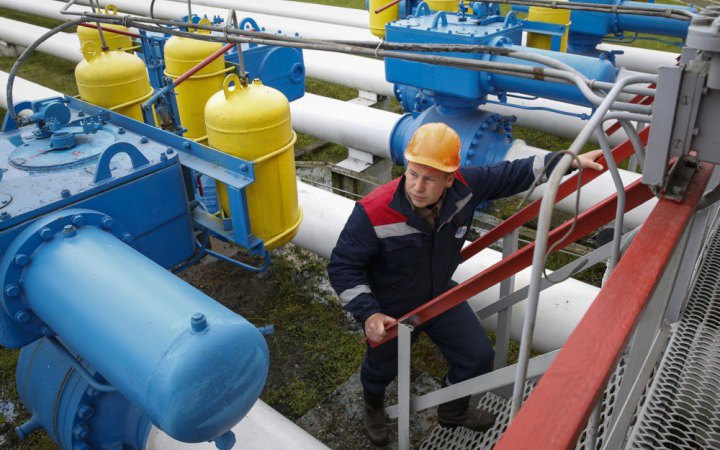Transit will continue at least until next year
The Russian gas transit agreement will remain in force until the end of 2024. The Kremlin has repeatedly threatened to cut off the pipeline, but has never dared to do so. The risks for Ukraine would be small. We have already written about such expert assessments.
Russia would have to pay Ukraine more than $7 billion for gas transit. This figure is stipulated in the five-year contract. However, Gazprom does not pay about a third of the amount. This has been repeatedly stated by the heads of the Ministry of Energy and Naftogaz.
"This is a very complicated issue, given the war. But the decision must be made transparently and in accordance with the law. I am against the continuation of transit, because it allows Russia to make money on gas exports to the EU and finance the war against Ukraine. Yes, Ukraine receives income from transit, but Gazprom earns 10-15 times more on each cubic metre of gas. However, it is the GTS Operator of Ukraine that should develop a clear position on transit capacities after 2024," said Serhiy Makohon, energy expert and former head of the Gas Transmission System Operator of Ukraine.
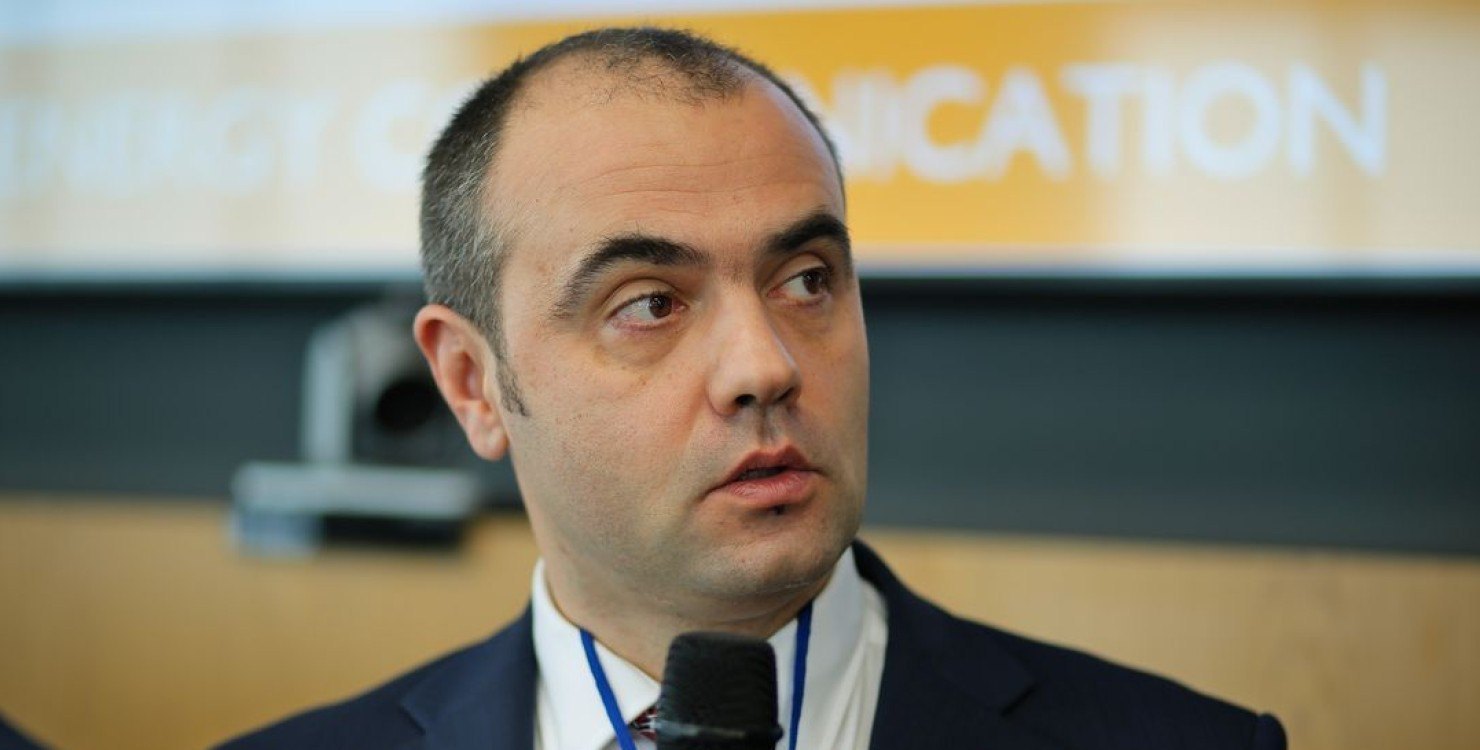
Russia is also steadily reducing gas pumping volumes: from January to August, the Gas Transmission System Operator transited more than 8 billion cu.m. of fuel. If we compare this figure with the same months last year, the supply was reduced by 40%.
"Gazprom is now pumping barely 40% of the volume stipulated in the contract. The reduction was largely due to the seizure of one gas pumping station, which is now on the occupied territory. And we started accepting gas through only one connection point out of the two provided for in the contract," said Roman Nitsovych, Research Director at DiXi Group.
Will Ukraine reach an agreement with Russia?
The Ministry of Energy has repeatedly emphasised that it is not going to sign a new contract with the Russians. It is impossible to imagine such negotiations during the war. Naftogaz put an end to this story.
"I want to emphasise once again that we will not initiate the extension of this transit. The contract will end, and the transit will stop," Oleksiy Chernyshov, the chairman of the board of Naftogaz, said in an interview with Radio Liberty.
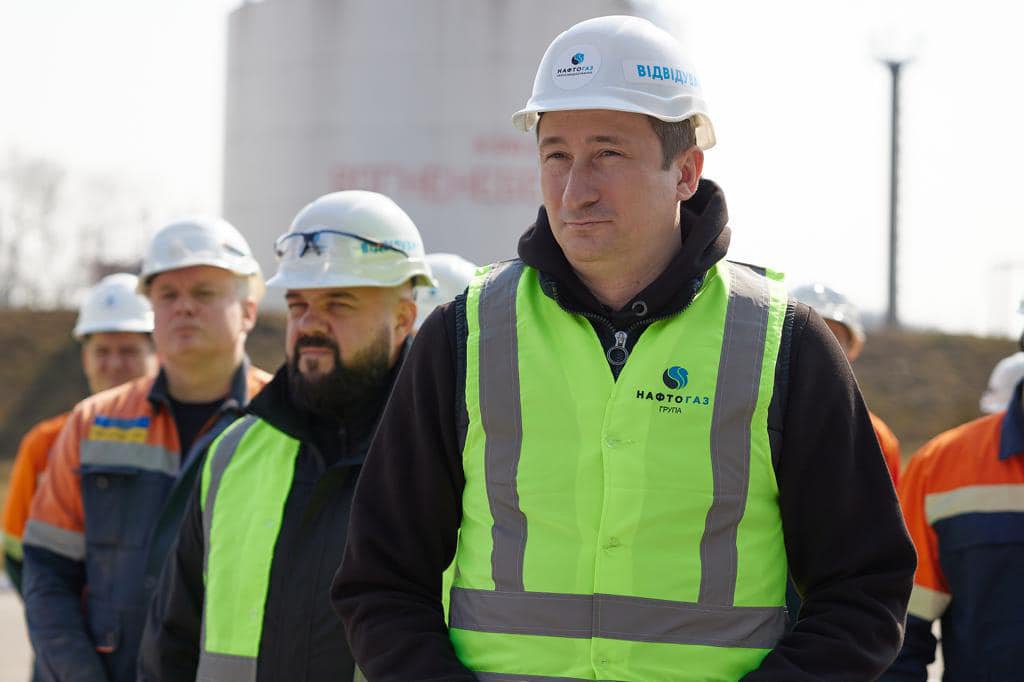
The European Union has set a course to abandon gas from Russia. The plans are ambitious, and there are chances to implement them by the end of next year. While before the Great War, Russia annually supplied 155 billion cu.m. of gas to the EU, by the end of 2023 it will have supplied about 20 billion.
These volumes are consumed by three countries that do not want to cut ties with the Russians: Hungary, Slovakia and Austria. The behaviour of these countries will determine whether the EU will become truly independent from Russian gas.
"The first thing I can say is that we are still quite far from that date and we are not in a position to say what will happen in more than a year. We have managed to diversify our supply and invest in renewable energy. The current situation is very different from when we signed the agreement. We will reduce our imports of Russian gas as quickly as possible," said Tim McPhee, a spokesman for the European Commission.
It should not be ruled out that the Kremlin will try to blackmail the EU with gas once again this winter. Ukraine has experienced this several times, and the EU last year, when gas prices rose dramatically as a result of the Kremlin's actions.
Over the past year, the EU has diversified its natural gas supplies and increased its purchases of liquefied natural gas.
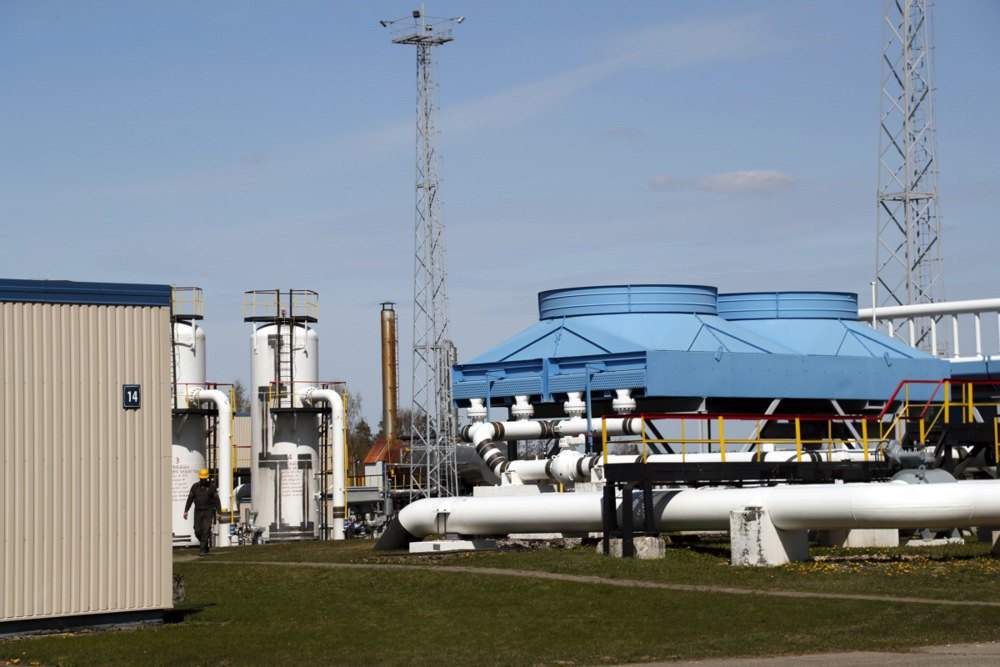
European officials are now reporting that EU gas storage facilities are 99% full, and a number of companies are using Ukrainian storage facilities, with more than two billion cu.m. already pumped in.
Why doesn't Ukraine cut off the pipes now?
The valve that shuts off the pipe is physically located in Russia. But this is definitely not the main reason why Ukraine does not stop Russian transit ahead of schedule. We are transporting gas for one reason only: we have obligations to the EU, in particular to those members who have not yet found alternative sources of supply.
"Everyone is preparing to stop transit: Ukraine, the European Union. We are well aware that next year is the last year of transit. Two years ago, we all thought that stopping transit would be a disaster. But now it doesn't look so scary. On the one hand, we are at war. And globally, it was right to stop all relations with Russia. But on the other hand, there are specifics of the market and contracts," said Tetyana Boyko, coordinator of housing, communal and energy programmes at the civil network OPORA.
This is another significant reason. Termination of the transit contract or its non-fulfilment will have bad consequences for Ukraine. And not just reputational ones.
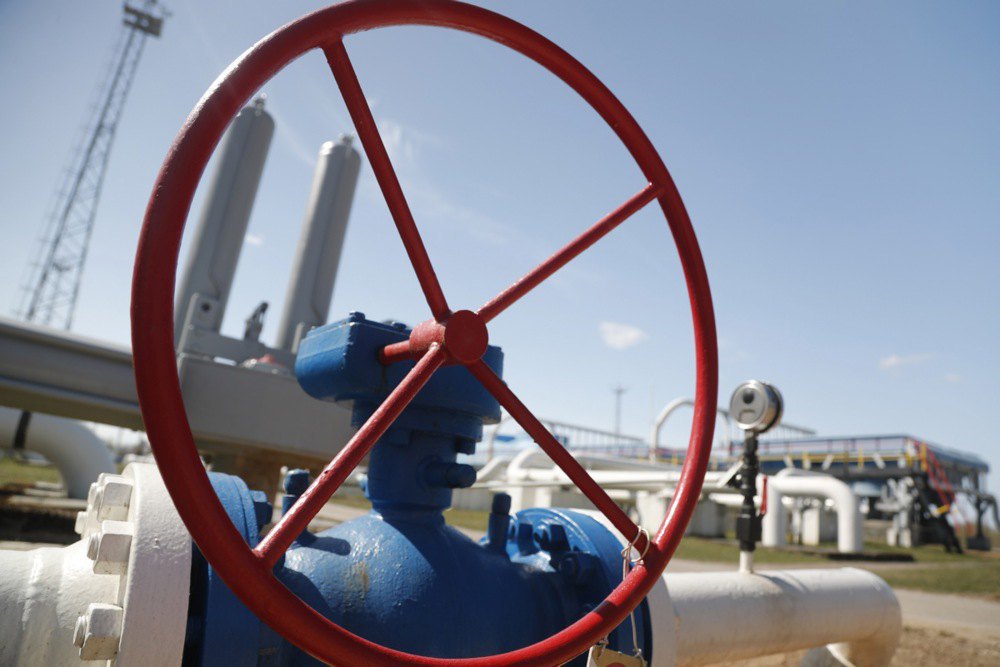
"There are at least three reasons why we unfortunately have to fulfil this contract. The first is that under the Association Agreement with the EU, Ukraine is obliged to facilitate and ensure transit. The second is that under the transit contract, if Ukraine fails to fulfil its obligations, it may be subject to lawsuits. Both Gazprom and European consumers. These are large sums of money. And the third is that we are now receiving funds for transit," explained Hennadiy Ryabtsev, Director of Special Projects at Psyche Science and Technology Centre.
Ukraine also has to act carefully because of the pending negotiations on joining the European Union. A careless step could spoil relations with European capitals, which are the biggest sceptics about our prospects: Vienna, Budapest and Bratislava.
However, the end of the transit agreement does not mean an automatic halt to gas pumping. This is emphasised by the DiXi Group Analytical Centre. If the EU fails to completely abandon Russian gas next year, it may be supplied without a new agreement between Ukraine and Russia.
"If there is a demand for Russian gas, then, according to European legislation, our GTS Operator must provide capacity both at the entrance to the gas transmission system and at the exit. Let's imagine that a European company agrees with Gazprom to buy gas and reserves the capacity of the Ukrainian pipeline itself. That is, this party will not be Russia. What legal grounds would we have to refuse? None at all! Then we will provide services," says Roman Nitsovych of DiXi Group.
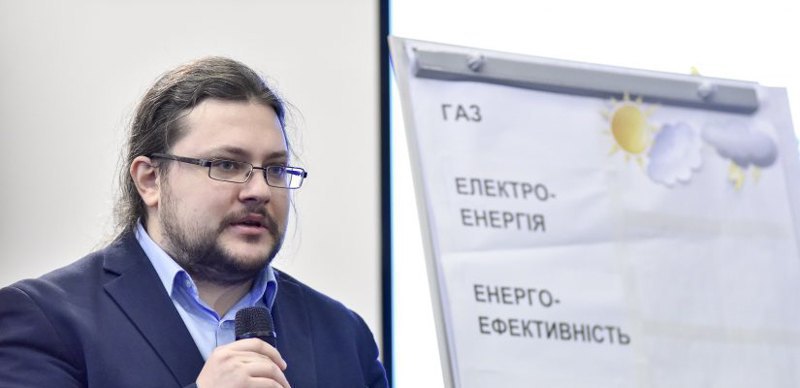
Gas supplies to the unrecognised Transnistriya, the territory of Moldova controlled by Russia, have not been settled either. This enclave receives gas through the territory of Ukraine, and Russia does not want to lose its influence on it. Gas is the main source of funding for the puppet regime there.
Not only Russian gas
Ukraine also continues to pump Russian oil to the European Union - through the southern branch of the Druzhba pipeline to Hungary. Budapest enjoys substantial discounts on Russian oil and gas and has not yet shown any intention of abandoning its consumption.
Moreover, the supply of oil to Hungary is a matter of survival for the Viktor Orban regime. Exactly a year ago, Druzhba was shut down because of the fighting. The situation was so critical for Orban that he called a meeting of the Hungarian Defence Council.
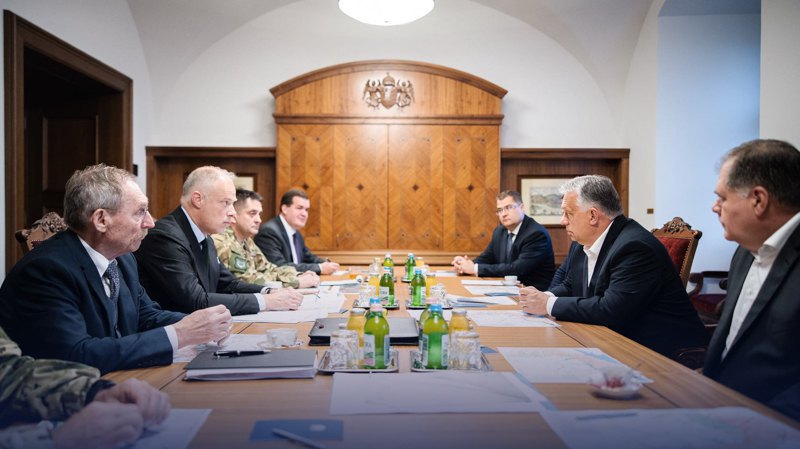
"We see here a clear example of how Russian oil and gas influence the policies of European states. Orban is the proof of this. These hugs with Putin in China, anti-Ukrainian rhetoric, blocking the aid package for Ukraine. Orban is working these cheap energy resources from Russia to the fullest," said Volodymyr Omelchenko, director of energy programmes at the Razumkov Centre.
The agreement with Russia on oil transit is valid until 2030. Every year, the Russians pay about $150 million for pumping. The government's position on oil is similar to the situation with gas: as long as there is a contract, transit will continue.









